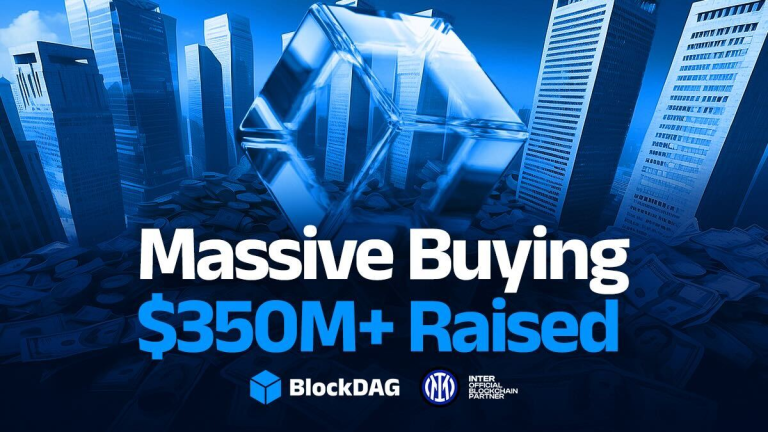52% of Singapore’s Crypto Users Make Payments
- 52% of Singapore’s crypto users pay for goods with digital currencies.
- Majority utilizes crypto, indicating growing utility and acceptance.
- Payment usage underscores increasing crypto adoption trends.

Singapore reports signify that 52% of cryptocurrency holders utilize their assets for transactional purposes involving goods and services.
This trend highlights accelerating adoption and integration of cryptocurrencies in everyday transactions, influencing the market’s evolution.
Majority of Crypto Holders Make Purchases with Digital Money
Reports indicate that 52% of Singapore’s crypto users actively engage in purchasing goods and services using digital currencies. This represents a shift towards functional utility within the crypto ecosystem. Merchant adoption in the region is contributing to this trend.
Prominent exchanges and blockchain companies notably support this adoption by facilitating seamless transactions. Many businesses accept cryptocurrencies, ensuring integration into the broader economy and encouraging further community adoption.
“52% of crypto holders in Singapore use digital assets for payments, indicating a significant shift towards integration in everyday transactions.” — David Yoon, CEO, Triple-A
Growing Confidence in Crypto Impacts Market Dynamics
These developments affect the local market dynamics, reflecting a broader acceptance of cryptocurrencies as legitimate payment methods. Increased confidence in digital currencies is evident, marking a societal shift toward digital transactions.
Financial implications involve greater liquidity and market stability, as crypto becomes a recognized currency form. This shift may prompt regulatory assessments regarding cryptocurrencies’ roles in fiscal policies.
Shift from Investment to Everyday Crypto Usage
Historically, earlier surveys showed limited crypto usage for daily transactions in Singapore, indicating a shift in consumer behavior. Previous data suggested a focus more on investment than payment utility.
Current trends suggest potential outcomes of wider merchant adoption and improved blockchain technology impacting transaction efficiency. Future developments may create a more diversified digital economy, enhancing overall economic resilience.



